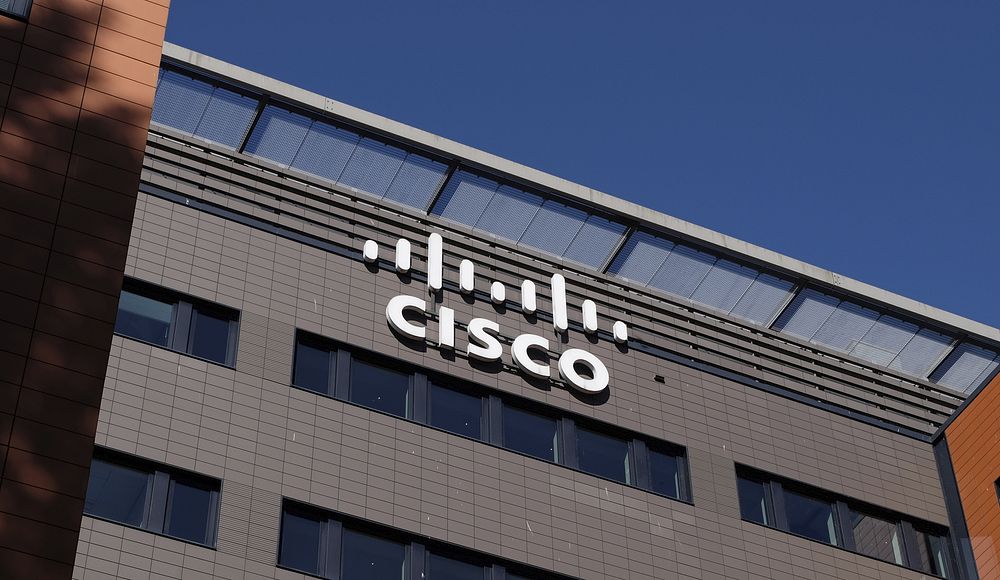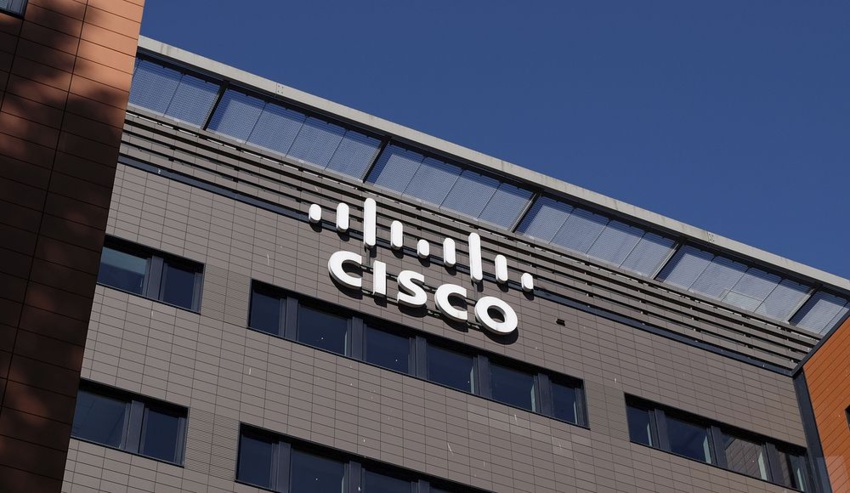Do you ever feel overwhelmed when people talk about environmental sustainability and aren't sure where to begin your learning journey? The blog series "Sustainability 101" is your go-to resource for understanding various environmental terms you might encounter in the workplace, during conversations with friends, or even at holiday gatherings.
"Biodiversity creates a web of life essential for numerous necessities like food, water, medicine, a stable climate, and economic growth. Nature underpins more than half of the global GDP. Over a billion people depend on forests for their livelihoods, and both land and oceans absorb more than half of carbon emissions."
Resilient ecosystems are crucial for planetary health, as they protect the environment and contribute to the stability and security of human societies. But what defines a resilient ecosystem, and why is it vital for our future?
Resilient Ecosystems
A resilient ecosystem is typically understood as one that can withstand, recover from, and adapt to changes or disruptions, whether from natural events like earthquakes or human-induced issues such as climate change, pollution, or deforestation.
As the world faces ongoing changes, "resilient ecosystems" has become a frequently discussed term. Beyond a mere buzzword, it represents a critical strategy for sustainability. This broader view of resilience includes:
"Biodiversity creates a web of life essential for numerous necessities like food, water, medicine, a stable climate, and economic growth. Nature underpins more than half of the global GDP. Over a billion people depend on forests for their livelihoods, and both land and oceans absorb more than half of carbon emissions."
Resilient ecosystems are crucial for planetary health, as they protect the environment and contribute to the stability and security of human societies. But what defines a resilient ecosystem, and why is it vital for our future?
Resilient Ecosystems
A resilient ecosystem is typically understood as one that can withstand, recover from, and adapt to changes or disruptions, whether from natural events like earthquakes or human-induced issues such as climate change, pollution, or deforestation.
As the world faces ongoing changes, "resilient ecosystems" has become a frequently discussed term. Beyond a mere buzzword, it represents a critical strategy for sustainability. This broader view of resilience includes:
- Ecosystems that adapt, survive, and thrive despite disturbances.
- Providing essential services that sustain life on Earth, such as purifying water and air, supporting agriculture, maintaining biodiversity, and protecting against natural disasters.
The resilience of ecosystems varies based on factors like species diversity, weather patterns, and temperature levels. Examples of naturally resilient ecosystems now facing strain include coral reefs, lakes, and forests.
Ecosystem resilience can be adversely affected by climate change and human activities such as deforestation. For instance, the Amazon rainforest has lost over three-quarters of its resilience due to human encroachment, making it more susceptible to extreme events like droughts. Addressing these trends is crucial, given the interconnected balance of carbon storage, biodiversity, and human activity.
Interconnection – Central to Building Resilience
At the heart of resilient ecosystems is interconnection—not only within the ecological community but also among individuals and societies. This involves moving beyond transactional interactions with nature to fostering meaningful relationships with our environment and each other. Building connections and promoting unified responses are essential for resilience, aiming to create a world where we support our ecosystems as they support us.
The United Nations characterizes its Sustainable Development Goals (SDGs) as "integrated and indivisible," highlighting the necessity of building sustainability efforts on the interconnections between individuals, communities, and the environment. The SDGs stress that advancements in one area can enhance progress in others.
For example, improving ecosystem health directly supports goals related to health, water, and economic growth. Understanding the interdependence of these goals helps prioritize actions that provide the most significant mutual benefits.
When natural ecosystems are protected and preserved, communities benefit through opportunities to earn a living, resources to build schools, access to clean drinking water, and a reduction in disease.
How Cisco is Advancing Resilient Ecosystems
Investing in resilient ecosystems is a key priority of "The Plan for Possible," our next-generation environmental sustainability strategy. We believe it is essential to assist both humans and nature in navigating climate change by investing in regenerative technologies, workforces, and nature itself.
The Cisco Foundation’s social investment strategy aligns closely with this priority, especially through its 10-year, $100 million climate impact initiative. The Foundation supports resilient ecosystems with grants and impact investments, aiding communities in developing approaches for a regenerative economy, launching climate-focused companies, and backing educational initiatives for effective climate action.
Beyond the climate impact initiative, the Foundation also bolsters community and ecosystem resilience through investments in sectors like Crisis Response and Critical Human Needs, Education, and Economic Empowerment. For instance, in 2021, NESsT launched the Amazonia Tech Portfolio with Cisco’s support, addressing regenerative forest conservation by promoting climate-smart solutions that enhance sustainable value chains and livelihoods in the Amazon basin.
Climate Adaptation and Resilience
Cisco’s nonprofit partner Mercy Corps exemplifies the effort to build resilient ecosystems. Mercy Corps collaborates with communities worldwide to help them adapt to environmental changes and innovate to improve their livelihoods, working with partners ranging from global to local.
Our five-year Technology for Impact partnership with Mercy Corps reached over 13 million people in 45 countries, influencing the broader humanitarian and development sectors. Now, we have a new partnership focused on promoting climate adaptation and resilience.
In the Horn of Africa, where drought threatens the lives and livelihoods of over 20 million people, Cisco collaborates with Mercy Corps to support pastoralist farmers severely affected by the drought in Northeast Kenya. More details about this partnership can be found in the video above.
Building Community Skills for Resilience
Developing a skilled workforce is crucial for building resilient ecosystems and supporting transitions to clean energy. The Cisco Foundation backs various organizations advancing environmental education and initiatives. These include Digital Opportunity Trust (DOT), which leads a youth-driven response to the global climate challenge in regions like Lebanon and Tanzania, and the Pachamama Alliance, which focuses on skill development for local community action and climate justice.
Communities leading the way in resilient ecosystems emphasize deep connections, working to restore our relationships with the Earth, each other, and ourselves.
By recognizing and fostering resilient ecosystems, we can empower vulnerable communities and create pathways for more sustainable and equitable development.
As we navigate ongoing environmental challenges, the importance of strong, resilient ecosystems has never been more crucial. Now is the time to cultivate a broader climate and environmental movement that embraces new ideas, diverse participants, and innovative connections.
Together, we can construct a resilient future where both people and the planet flourish. Interested in learning more and getting involved?
Click here to know more about our Climate Grants Investment programs.


 Empowering Communities Through Resilient Ecosystems for Sustainable Development
Empowering Communities Through Resilient Ecosystems for Sustainable Development





 Companies
Companies